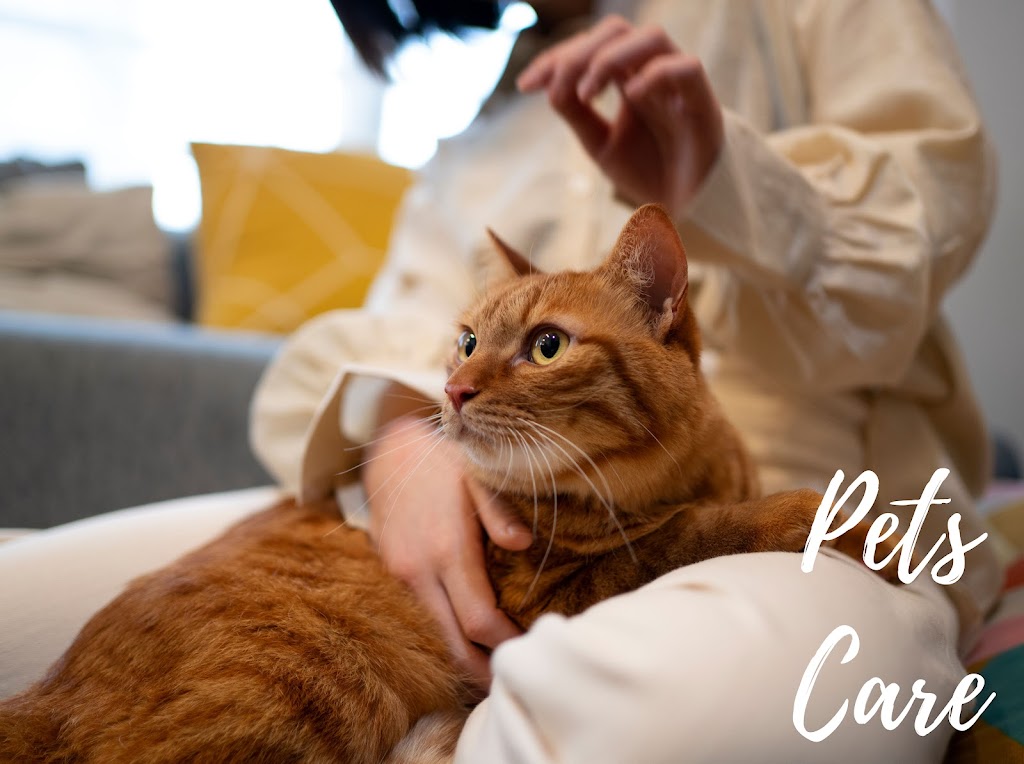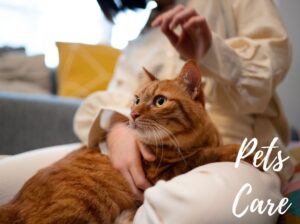Introduction
Owning a pet is a rewarding experience that brings joy and companionship to many people’s lives. For those considering adopting a cat, rescue shelters provide an excellent opportunity to give a loving home to an animal in need. However, while the emotional benefits of adopting a rescue cat are significant, it’s essential to also consider the financial aspects involved. In the UK, the cost of adopting a rescue cat encompasses more than just the initial adoption fee. This comprehensive guide aims to explore the various expenses associated with rescuing a cat in the UK, offering insights into the financial responsibilities prospective cat owners should be prepared for.
Understanding Adoption Fees
The first expense to consider when adopting a rescue cat is the adoption fee. This fee typically covers the costs associated with the cat’s initial veterinary care, including vaccinations, spaying or neutering, and microchipping. The amount of the adoption fee can vary depending on the rescue shelter and the age, breed, and health of the cat. On average, adoption fees in the UK range from £30 to £100. However, some shelters may charge higher fees for specific breeds or kittens.
Initial Veterinary Costs
In addition to the adoption fee, new cat owners should budget for initial veterinary expenses. Even if the rescue shelter covers basic vaccinations and spaying/neutering, there may be additional costs for a thorough health check-up, flea and worm treatments, and any necessary medications. These initial veterinary costs can range from £50 to £200, depending on the cat’s health and any pre-existing conditions it may have.
Essential Supplies
Bringing a new cat into your home requires certain essential supplies to ensure their comfort and well-being. These supplies may include a litter box, litter, food and water bowls, a scratching post, toys, a bed, and grooming tools. While some of these items may be provided by the rescue shelter or included in an adoption starter kit, prospective cat owners should be prepared to purchase any necessary supplies themselves. The cost of essential supplies can vary widely depending on the quality and brand of the products chosen, but budgeting around £50 to £100 is a reasonable estimate for initial supplies.
Ongoing Expenses
Once the initial adoption and setup costs have been covered, prospective cat owners should also consider the ongoing expenses of cat ownership. These ongoing expenses include:
1. Food: The cost of cat food can vary depending on the brand, quality, and dietary requirements of the cat. On average, cat owners can expect to spend between £10 to £30 per month on cat food.
2. Veterinary Care: Cats require regular veterinary check-ups, vaccinations, and preventive care to maintain their health. Budgeting for annual veterinary expenses, including vaccinations and flea/worm treatments, is essential. These costs can range from £100 to £300 per year. Depending on the cat’s health and any unexpected medical issues that may arise.
3. Insurance: Pet insurance can help cover the cost of unexpected veterinary bills in the event of illness or injury. The cost of pet insurance varies depending on the level of coverage and the cat’s age and breed. On average, pet insurance premiums range from £10 to £30 per month.
4. Litter and Supplies: Budgeting for litter, grooming supplies, and other ongoing necessities is important for maintaining a clean and comfortable environment for your cat. These expenses can amount to approximately £10 to £20 per month.
5. Boarding or Pet Sitting: If you plan to travel or go on vacation, you may need to budget for boarding or pet sitting services to care for your cat in your absence. The cost of boarding or pet sitting can vary depending on the duration of your trip and the level of care required.
Conclusion
Adopting a rescue cat can be a fulfilling experience that brings love and companionship into your life. However, it’s essential to be aware of the financial responsibilities involved in cat ownership. From the initial adoption fee and veterinary expenses to ongoing costs like food, litter, and insurance. Owning a cat requires careful budgeting and planning. By understanding the full scope of the expenses involved. Prospective cat owners can make informed decisions and provide the best possible care for their feline companions.

